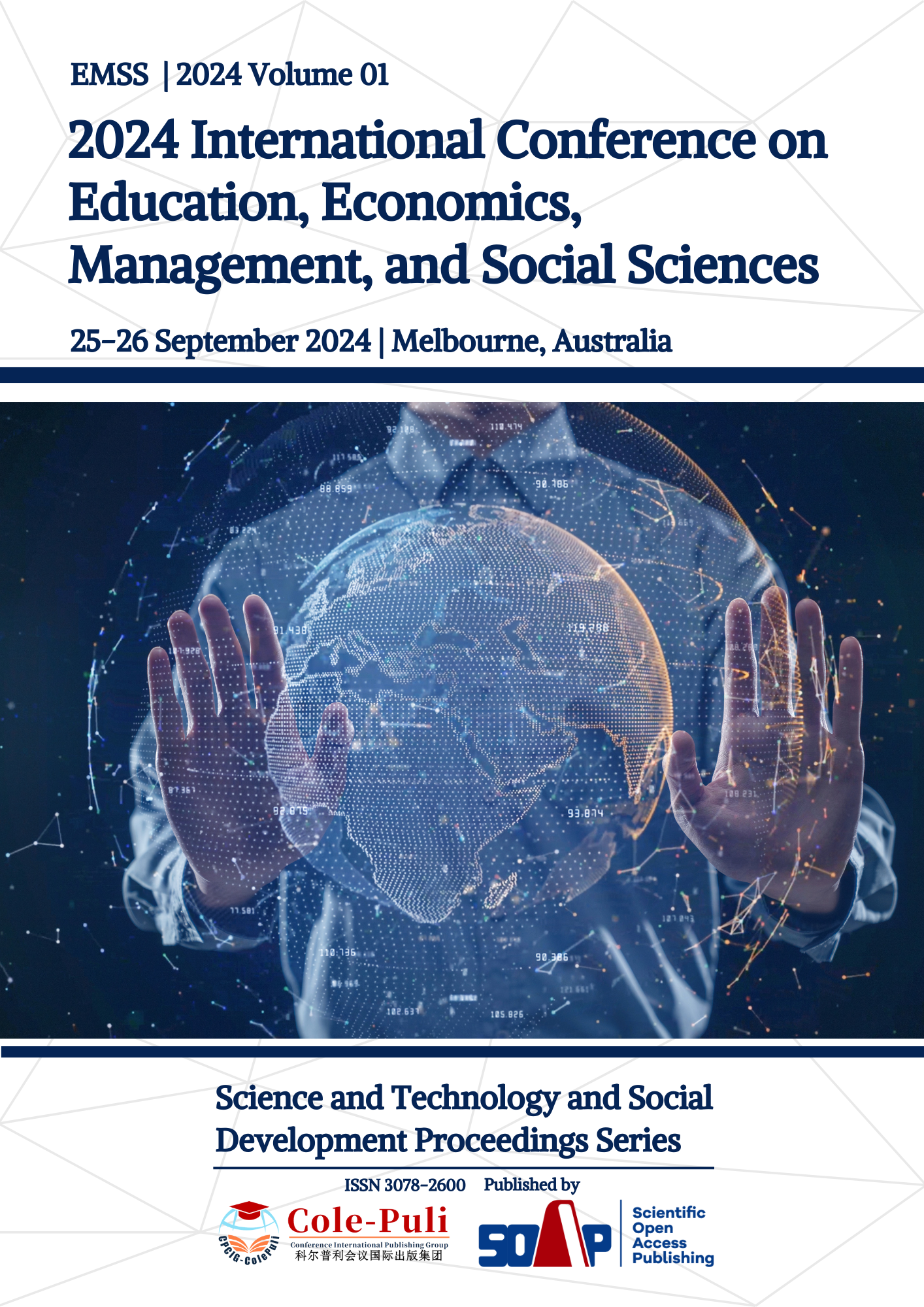Financial Aid and Educational Outcomes: A Study of Grant Effectiveness in Rural China
DOI:
https://doi.org/10.70088/6b7myc75Keywords:
financial grants, education, China, machine learning, statistical methodsAbstract
This paper investigates the effectiveness of financial grants in rural China. The financial grant system’s selection criteria are difficult to quantify and subjective because they vary between school to school. Statistical methods such as ANOVA are utilized to explores correlations between student academic performances with their socio-economic backgrounds. Based on the experiments conducted, it can be shown that certain factors such as attitude towards study and grade contribute more than other factors to the overall academic performances. Furthermore, machine learning methods are incorporated into the study to try to determine non-linear relations between academic performances with socio-economic factors. According to the results, it can be concluded that the current allocation model of financial grants in rural China is insufficient. Thus, in this article the author proposes a more scientific and statistical approach of such allocation.











